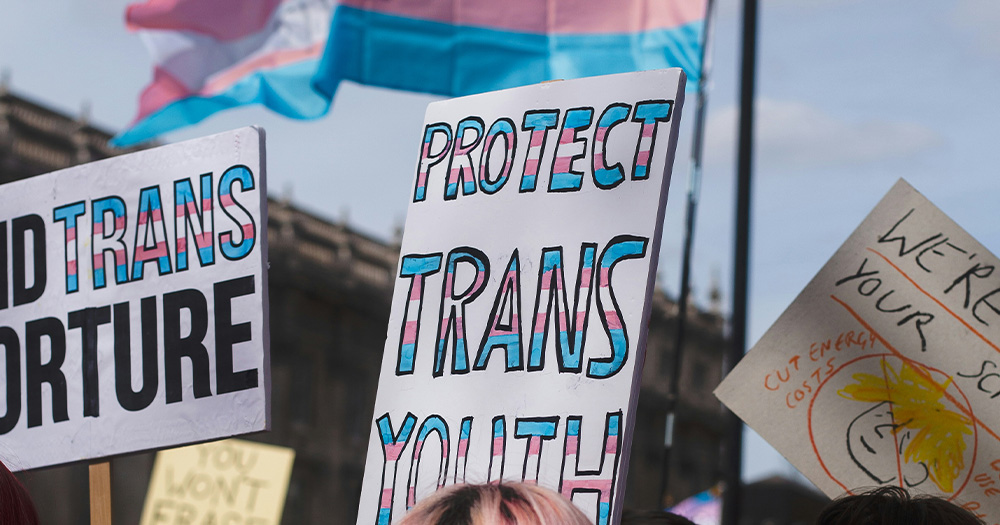A recent independent study commissioned by the New South Wales (NSW) government has confirmed that puberty blockers, a key component of gender-affirming care for transgender youth, are generally safe, effective, and reversible. The review, conducted by the Sax Institute, was initiated following a Four Corners investigation into gender-affirming care for minors. It aimed to assess the current evidence surrounding puberty suppression treatment, which has been a subject of recent debate.
Puberty blockers are a form of gender-affirming care and are considered to be a life-saving treatment for trans youth. Studies have shown that those who have access to puberty blockers at a younger age are less likely to consider suicide and will have better mental health when moving into adulthood. The review supports the position taken by organizations such as the NHS, which has described the effects of these medications as reversible. This finding counters concerns from some critics who argue that puberty blockers might be harmful.
While the Sax Institute confirmed that the overall safety of puberty blockers is supported by existing research, it did highlight the need for ongoing monitoring, particularly regarding bone density. The review noted that although some studies have raised concerns about the potential impact of puberty blockers on bone health, the evidence remains limited. As a result, clinicians are advised to monitor bone density in patients receiving this treatment to ensure that any risks are managed appropriately.
The review analysed 82 studies published since 2019, reflecting a rapid increase in research on gender dysphoria treatments. Although the use of gold-standard methods, such as randomised controlled trials (RCTs), remains limited in this field, the studies provided valuable insights into the effectiveness and safety of puberty blockers. The Sax Institute emphasised that these findings should serve as a starting point for discussions between patients, caregivers, and healthcare providers, particularly in determining future research priorities.
The review also aligns with earlier findings, such as a 2020 study published in Pediatrics.
This report comes amidst ongoing debates, particularly in the UK, where the NHS has halted the prescription of puberty blockers for trans youth in England, Wales, and Scotland. A ban on private prescriptions for puberty blockers was introduced by the previous Conservative government in May.
Sinn Féin recently faced backlash for supporting the extension of the UK’s puberty blocker ban to Northern Ireland, raising concerns about the party’s stance on LGBTQ+ rights.
© 2024 GCN (Gay Community News). All rights reserved.
Support GCN
GCN is a free, vital resource for Ireland’s LGBTQ+ community since 1988.
GCN is a trading name of National LGBT Federation CLG, a registered charity - Charity Number: 20034580.
GCN relies on the generous support of the community and allies to sustain the crucial work that we do. Producing GCN is costly, and, in an industry which has been hugely impacted by rising costs, we need your support to help sustain and grow this vital resource.
Supporting GCN for as little as €1.99 per month will help us continue our work as Ireland’s free, independent LGBTQ+ media.
